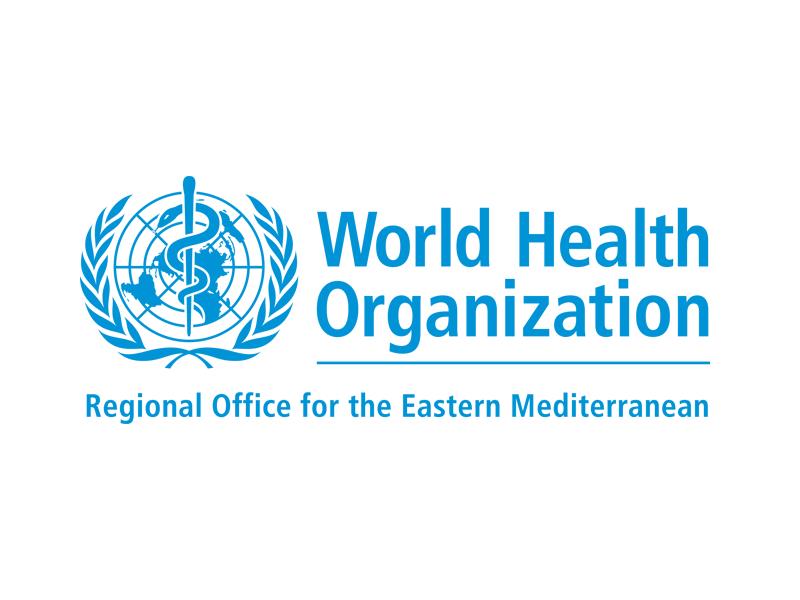
am at present off work with anxiety, panic attacks and stress; I was redeployed and asked to go into the community with no PPE at all … I felt I was putting my family at risk and was undervalued, and now feel like leaving nursing altogether.”
“I, like many others, feel the need to isolate myself from my family because I don’t want to bring this home to my mid-50s husband. I miss my young children so much I can’t focus … I really wish I wasn’t a doctor.”
“I feel completely depressed, stressed and showered with Covid-19 after more than a month of doing this. I am anxious about all the patients and feel guilty about any who die. Can’t see how I can keep doing this and working outside my comfort zone.”
These are just some of the testimonies we have heard from healthcare workers across the UK, as part of our research at the Royal College of Surgeons into the impact of the coronavirus pandemic on mental health.
A perfect storm is gathering. Previous research has shown that stress-related psychiatric illness may be prevalent in up to 50% of UK doctors and 40% of nurses. A 2019 study of more than 4,000 doctors and medical students showed that 80% of doctors had experienced burnout and 33% regularly or occasionally used alcohol, drugs or self-medication as coping mechanisms. It is a vicious circle: the mental health burden on healthcare workers has been associated with suboptimal patient care and increased errors, potentially compromising patient safety. And then came Covid-19.
Our ongoing research has found that out of 868 UK healthcare workers surveyed, more than 60% have felt down, depressed or hopeless during the pandemic; nearly 80% have had sleeping difficulties; and 60% have felt lonely. As a frontline clinician who was redeployed to intensive care, I have seen this first hand. There are a number of contributing factors: from healthcare workers being redeployed and thus working in areas outside their comfort zone, to the difficult conversations with family members, as patients are palliated, deemed not suitable for a ventilator.
The toll on nurses in particular needs to be highlighted, with intensive care unit (ICU) nurses in certain NHS trusts often managing two to three sick patients with coronavirus on ventilators, for up to 12 hours, in PPE which, from personal experience, can be extremely uncomfortable and claustrophobic. There have been issues surrounding lack of adequate PPE around the country, the effects of widespread media coverage of their work, and feelings of being inadequately supported. The health service has also mourned the death of 200 healthcare workers and there is widespread fear and anxiety among many of becoming infected themselves and passing the virus on to their loved ones. For many junior doctors, postgraduate exams and recruitment interviews have been cancelled and training has been severely disrupted.
Despite the hardships the pandemic has brought, some trusts have responded by prioritising wellbeing support for their healthcare workers. This includes meeting physical needs, such as providing free food, parking and accommodation, as well as making sure scrubs are available for all staff. “Wellbeing hubs” have been set up, providing the opportunity for staff to rest and recuperate. Counselling services and psychologists have been made available for healthcare workers, as well as access to chaplaincy and bereavement support.
Nevertheless, there may be variation in what is available and somewhat of a “postcode lottery” in the UK with adequate PPE and wellbeing support. In my own hospital in London, we have an ICU psychologist to support and talk to healthcare workers on a one-to-one basis, on the phone or via Skype – can the same be said of hospitals across the country? “In general, we have been very well supported. However, I don’t think this is representative across all trusts in the UK,” one doctor told me.
The 2003 Sars epidemic was associated with increased rates of stress (that persisted one year later), depression, anxiety, insomnia and post-traumatic stress disorder (PTSD) among healthcare workers. Coronavirus may affect UK healthcare workers similarly, having wreaked havoc on the health service, with unprecedented demands on the workforce, many of whom are at breaking point.
Government and policymakers need to act now to support the mental wellbeing of healthcare workers throughout all phases of this pandemic. Wellness hubs in hospitals need to be widely available, with virtual consultations and talking therapies, PTSD support and access to psychologists. We need to raise awareness of national support services such as the Samaritans and Mind, as well as screen and target the most vulnerable (eg those with pre-existing mental health problems). Taking action now will be crucial to curb an impending mental health epidemic in the UK.
• In the UK, Samaritans can be contacted on 116 123 or email jo@samaritans.org. In the US, the National Suicide Prevention Lifeline is 1-800-273-8255. In Australia, the crisis support service Lifeline is 13 11 14. Other international suicide helplines can be found at www.befrienders.org.
• Ankur Khajuria is an NHS surgeon and lead researcher of a Royal College of Surgeons study on the impact of Covid-19 on the mental health of healthcare workers












